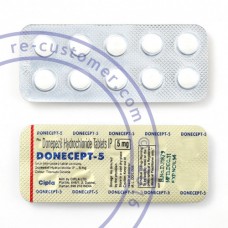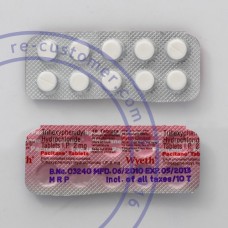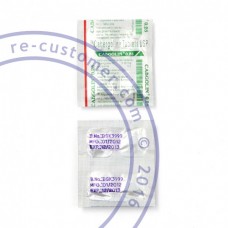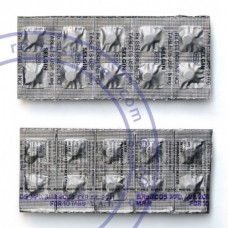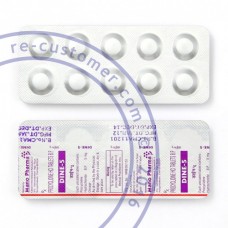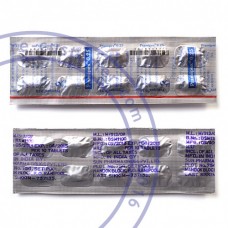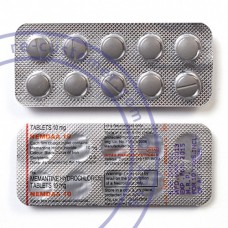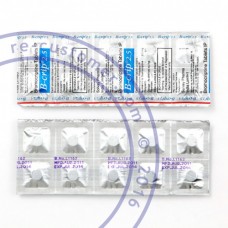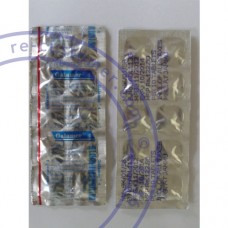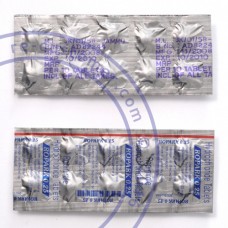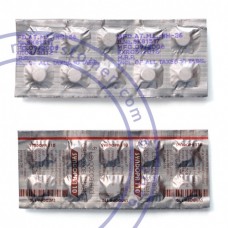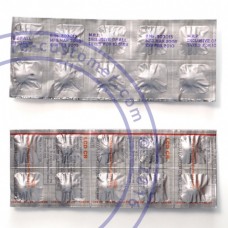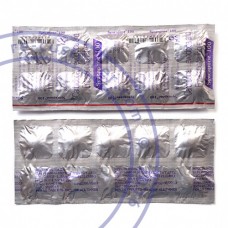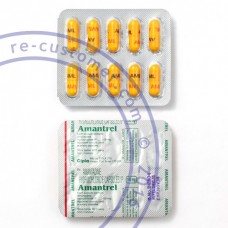
The main manifestation of Alzheimer's disease is a dementia that consists of a loss of knowledge and skills and the inability to learn new information. It is a neurodegenerative disease.
Currently there is no clear understanding of what causes Alzheimer's disease. The reasons lie in the accumulation of neurofibrillary tangles in the brain, but what contributes to the appearance of these tumors is still unknown. This uncertainty in the etiology does not allow developing truly effective treatments for this disease and the cure for Alzheimer's disease has not yet been found. Current medications allow only reduce the extent of the external manifestations of the disease but does not allow to stop or slow down this process.
The first signs of Alzheimer's disease appear in patients older than 65 years. In general, it is difficult to detect the disease at the beginning because the early symptoms are blamed on old age, acute or chronic stress and medical comorbidity.
They include:
- Inadequacy of the assimilation of information;
- Do not develop new skills;
- Poor storage of new information;
- Mood swings;
Most of the time a patient is in an irritable and aggressive mood. Cognitive impairment begins and it is expressed in the inability to plan their actions and absent-mindedness.
The above clinical picture is characteristic of the first stage of the disease – pre-dementia. As the deterioration becomes apparent it is obvious that it is not about age-related changes of the psyche and then exposed the diagnosis of Alzheimer's disease. The symptoms of the second stage are polymorphic and affect many mental functions. Persistent symptom which manifests pre-dementia further step is:
- Apathy;
- Loss of interest in the outside world;
- Very sharp change of mood;
The third stage is the progression of such symptoms as aphasia and apraxia. Symptoms of Alzheimer's disease in the moderate stage of dementia: suffers memory, a patient cannot remember recent events and lose ones from the deep past. Aphasia is manifested not only by forgetting words but also paraphasia - replacing forgotten word in other, often incorrect. Apraxia covers most of the daily activities; the patient is almost unable to serve themselves. Violations of the emotional sphere are apathy, negativism, somatic symptoms characteristic of urinary incontinence.
The last stage of Alzheimer's disease includes all symptoms of previous stages but in extreme degree.
As a result of sedentary lifestyles somatic diseases (bedsores, pneumonia) are developing secondary and that can cause a death.
Parkinson's disease develops due to the depletion of neurons in the brain subcortex. This provokes a shortage of specific substances - dopamine which is responsible for the smooth and purposeful movements. But why that happens, why certain cells in the brain that produce the substance are exhausted and die medicine still cannot identify. In some cases it is diagnosed that this disorder is hereditary. But the disease occurs in a small number of people. The remaining cases - sporadic, 95% of patients are not related.
The depletion of cells in the brain occurs irrespective of age, gender and lifestyle. The only thing you can definitely say - among patients most are the older people.
In the first two stages (there are four stages) except medications patients also need psychological and physical rehabilitation. The more a person moves, the better he thinks. The more he thinks the better he moves.
The causes of the disease are still not fully understood, but the impact of some factors is proved:
- Substances and toxins;
- Genetic predisposition;
- Viral infections that lead to postencephalitic Parkinsonism;
- Severe head injuries;
- Cerebral atherosclerosis;
- Aging;
And the symptoms are:
- Increased muscle tone;
- Slow movement of the limbs;
- Pain of varying intensity;
- Slouch;
- Tremor which decreases or disappears during movement;
- Inability to control body movement (change in gait, frequent falls);
- Various changes in speech;
- Chronic depression;
- Bladder dysfunction;
In Parkinson's disease treatment alleviates the symptoms, as completely get rid of the disease is not yet possible. At the initial stage of the disease can prevent serious consequences. Doctors choose suitable medicines for patients. Everybody has his own dosage which can prescribe neurologist or psychiatrist. All antiparkinsonian drugs have side effects and contraindications.
Alzheimer`s And Parkinson`s Pharmacies
| Pharmacy | Rating |
| RX2040.COM | ★★★★★ 5/5 |
| RXShipFree.COM | ★★★★★ 5/5 |
| TheWorldsPharma.COM | ★★★★★ 5/5 |
| LightPharmacyPills.COM | ★★★★★ 5/5 |



